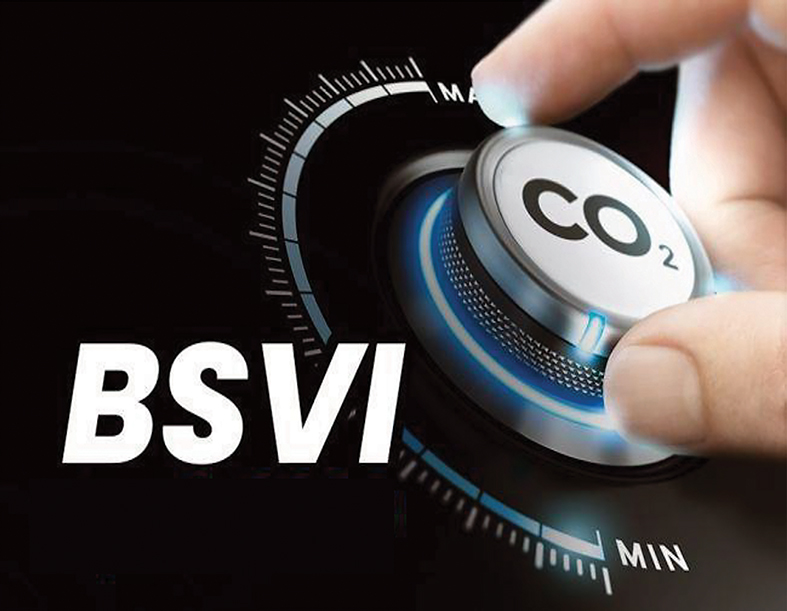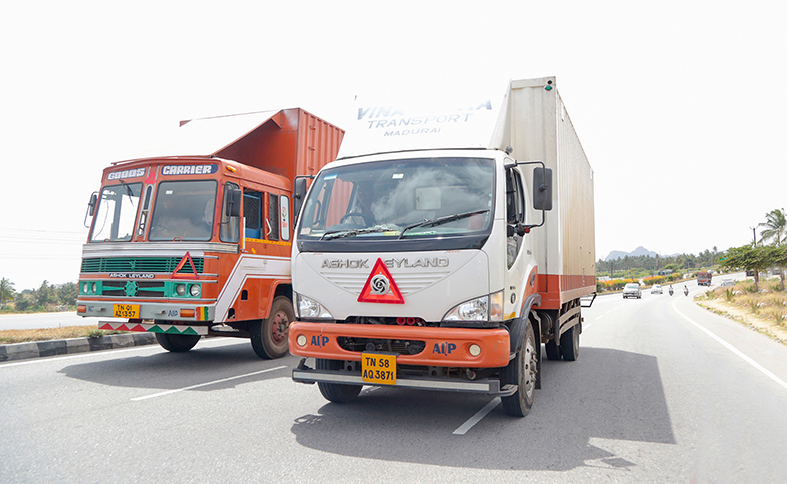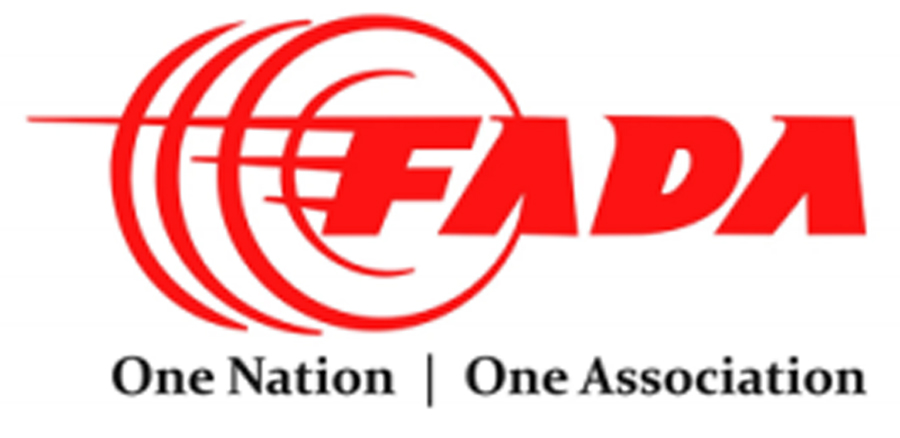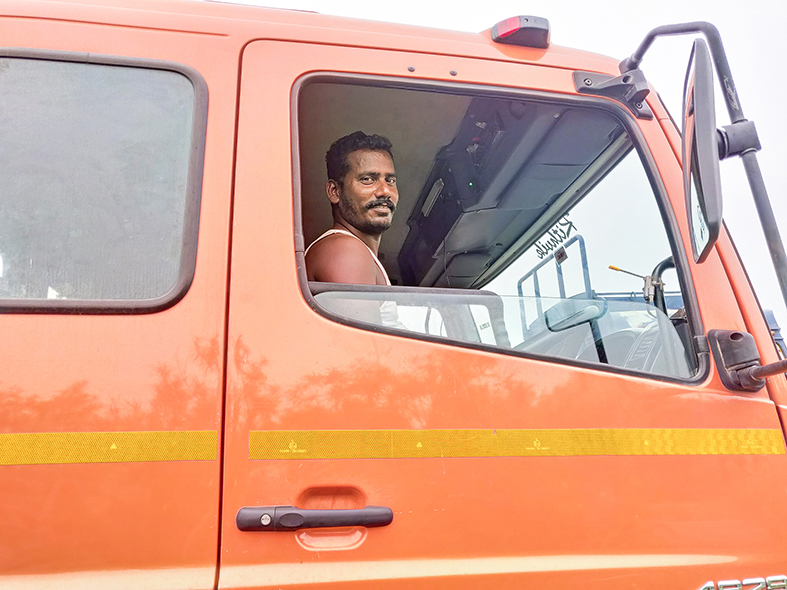Kaushik Narayan, CEO, Leaptrucks takes a look at five defining moments that showcased the grit and resilience of the CV industry in the face of a once in a lifetime pandemic. They marked the trials, tribulations and triumphs of the CV industry in the year 2020

This was expected to be a quiet transition year. It marked a long-awaited environment-friendly, but highly complex transition from Euro 4 to Euro 6 standards. Little did we anticipate the impact of an invisible virus that brought the world to its knees, and the CV industry to a halt. As we exited a total lockdown, the industry witnessed drama at the Supreme Court related to vehicle registrations. Small businesses and operators struggled to pay their EMIs and looked for intervention. All through the crisis, we were left looking for solutions to keep our homes well stocked while we stayed home.
World Class Technology Made in India
The year 2020 was expected to pose a challenge to the CV industry. A transition to significantly lower emission BS-VI trucks was scheduled for April 1, 2020. Emissions in diesel trucks and buses would reduce by over 50-90%, significantly reducing pollution from vehicle exhausts. To complicate things, India would be making the transition in less than a third of the time it took Europe and China to do the same. While the odds were stacked against them, all OEMs spent a lot of time and energy in preparing for the transition.

They invested heavily in technology (over hundreds of crores each). They worked closely with their parent companies, their joint venture partners or collaborated with global technology leaders to minimise the learning curve. The technology was adapted to Indian conditions. They collaborated with suppliers locally and globally to make it cost-effective. Then they tested, learnt and re-tested the technology in simulations, inside sophisticated labs and on challenging road conditions. Thousands of technicians were trained to handle the all-new electro-mechanical technology at service centres across the country.
The results thus far have been stellar. BS-VI trucks offered by all OEMs have performed better than expected while complying with world class emission standards. Trucks have been built with a focus on safety of drivers, provide improved driving comfort and have best-in-class features like Bluetooth connectivity and cruise control. Most importantly, OEMs have been able to offer all these with the same or better fuel efficiency in comparison to BS 4 trucks. Indian technology has come of age and we can be proud of the OEM technology and product development teams developing best-in-class technology in India!
A Virus that Brought us Down to our Knees
From newborns to the elderly, the year 2020 cannot be defined without a reference to COVID 19. COVID left a lasting impression on every industry in the economy. Multiple countrywide lockdowns brought the country to a standstill for over two months. Only essential goods movement was allowed, specifically vegetables, fruits, milk, food items, pulses and FMCG. Over 90% of the CV industry was paralysed.

As the lockdown was lifted, the economy struggled to get back on its feet. Operators struggled as trips were hard to come by. When trips came by, drivers were hard to find as migrant drivers had returned home. When they found both, they had to deal with local and interstate lockdowns, ever changing COVID testing requirements and the general fear of contracting COVID-19. From a viability perspective, diesel prices had gone up by over 21% and freight rates went down by over 10-20%, making survival challenging.
Things have fortunately gotten progressively better for the CV industry. Freight rates have almost touched pre-COVID levels in some routes since October. Diesel prices have softened and bookings are improving. While COVID nearly broke the back of the industry, it also brought out the industry’s indomitable spirit.

An Association Rising to the Occasion
In order to ensure a smooth transition to BS-VI technology, the Supreme Court and the Central Government had laid down clear rules. Registration of BS 4 vehicles was to be completed by March 31, 2020. OEMs, their dealers and customers were well prepared to comply with the requirements. However, the total lockdown implemented by the central government on March 25 made this task challenging. As the central lockdown was lifted, local restrictions continued to plague smooth operations across road transport offices (RTOs) across the country. Registration of pending BS 4 commercial vehicles was further delayed.
The Supreme Court intervened to ensure that OEMs, dealers and customers were complying with the law. Due to the number of players involved, a lot of confusion was created and the registration of many vehicles was in limbo. The Federation of Automobile Dealers Association (FADA) stepped in to fill the void. They were the voice of reason for dealers, OEMs and customers as a single point of contact to clarify all the concerns of the Supreme Court. FADA used data collated from across hundreds of dealers spread across the country to allay the fears of the Supreme Court. They worked closely with the RTOs to ensure that the decision was implemented uniformly with minimal suffering for operators. FADA rose to the occasion to be the voice of reason at a time of crisis.
Timely Policy Action to Protect Operators and Small Businesses
As the government announced a total lockdown, most businesses across the country came to a standstill. With no income to repay their loans, businesses went into panic mode. The RBI swung into action and immediately announced a three-month EMI moratorium to offer support. The recovery was significantly slower than anticipated. Businesses struggled to gain momentum. The RBI once again intervened and proactively extended the moratorium by an additional three months. This gave businesses time to recover and become healthier before loan EMIs re-started again.

The timely and proactive action by the country’s central bank provided many logistics operators and SMEs the lifeline to survive a potential economic disaster. The absence of timely intervention would have led to significant number of defaults across operators and structurally impaired the operations of many of the nation’s banks and NBFCs. The RBI was our Johnny on the spot for the most deserving entrepreneurs in the country.
Our Everyday Unsung Heroes
As the nation moved into a total lockdown, everyone stayed at home to slow down the COVID virus. Healthcare workers focused on saving people who had contracted COVID. Everyone worried about the effectiveness of the supply chain, possibly long queues in stores and the possibility of riots in store. It turned out that we had nothing to worry about. Logistics operators and drivers ensured delivery of milk at dawn, vegetables, fruits and essential goods in stores and timely deliveries to urban and rural homes. They braved the fear of COVID as they kept the supply chain moving. They kept the country motoring through our darkest days, feeding our bellies with food and our souls with hope. Logistics operators and drivers were our unsung industry heroes of 2020.